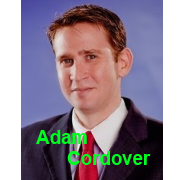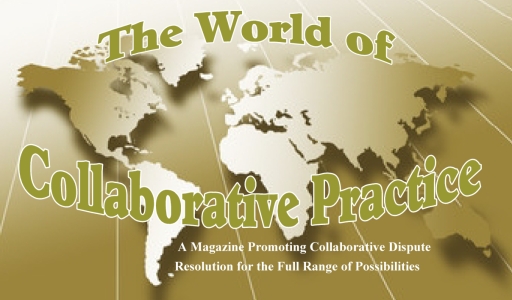
Tags
Related Posts
Share This
Collaborative Practice for Prenuptial Agreements
I am seeing more and more clients – especially those who have previously experienced marriage and divorce – come to my office to learn about prenuptial (also known as premarital) agreements. Though they certainly do not go into the marriage planning to divorce, they know the statistics and want a prenuptial agreement to protect them and ensure that they do not get trapped in endless litigation later on.
At the same time, I find fewer and fewer family law attorneys who are willing to draft prenuptial agreements. Lawyers fear that, for whatever reason, the agreement could later be found to be unenforceable. Void prenuptial agreements create, at best, client dissatisfaction with the drafter and, at worst, risk of a malpractice suit.
Nevertheless, the demand for prenuptial agreements is increasing. How does an attorney minimize the risk that the agreement will be invalidated? The answer is close to our hearts, given that the interdisciplinary collaborative family law process is tailor-made for drafting prenuptial agreements.
In my jurisdiction of Florida, like many jurisdictions, there are two main methods to challenge the validity of a prenuptial agreement: the direct method and the indirect method. See Casto v. Casto, 508 So. 2d 330 (Fla. 1987). In the direct method, the challenging spouse must establish that the agreement was reached under fraud, deceit, duress, coercion, misrepresentation, or overreaching. In the indirect method, the challenging spouse must show that the prenuptial agreement is blatantly unfair. Once the unfairness is established, then the prenuptial agreement will be invalidated unless the defending spouse can show that (i) he or she made full, frank disclosure of his or her financial situation or (ii) the other spouse had a general knowledge of the character and extent of the defending spouse’s assets and income.
With concerns related to the direct method, the use of a neutral forensic financial professional in the collaborative process helps to lessen the likelihood that the less wealthy fiancé will fall victim to fraud, deceit, or misrepresentation. Further, the utilization of a neutral facilitator/mental health professional in a collaborative process helps reduce the risk of duress, coercion, and overreaching, as part of the facilitator’s role is to identify power imbalances and ensure that each client’s concerns are addressed.
Similarly, in the indirect method of challenging the validity of a prenuptial agreement, the facilitator and the team dynamics of collaborative practice make it less likely that a party will enter into an “unfair” agreement. And, even if he or she does, the mere use of the neutral financial professional will bolster any argument by a defending spouse that (i) he or she was open in his or her finances and (ii) the challenging spouse was given the tools to understand the character and extent of assets and income.
The use of a neutral facilitator and neutral financial professional in a collaborative process may initially cost more than the traditional prenuptial negotiation process, and the wealthier fiancé is likely to have to pay for these additional upfront costs. However, the safeguards for the less wealthy fiancé that are built into the interdisciplinary collaborative process ultimately provide a judge cover for upholding a prenuptial agreement. This can save the wealthier fiancé tens of thousands of dollars (or more) in litigation costs in the event that a prospective marriage breaks down.
As laws regarding prenuptial agreements vary from jurisdiction to jurisdiction, and as the family laws within states change frequently, there can be no guarantee that a prenuptial agreement will be found valid years or decades later. However, utilizing the interdisciplinary collaborative family law process in drafting a prenuptial agreement gives the agreement the best chance of surviving judicial scrutiny and remaining enforceable.
—









Share your thoughts here and in your network.